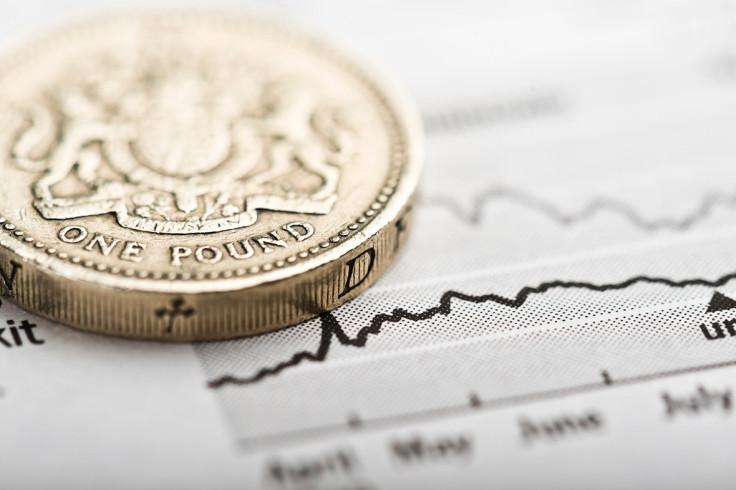FX Focus: Pound breaks $1.30 barrier for the first time since September
Dollar loses all post-election's gains in two sessions amid Trump's turmoil.

The pound breached the $1.30 threshold for the first time since 30 September on Thursday (18 May), boosted by better-than-expected retail sales figures.
Sterling climbed 0.51% to $1.3036, climbing to an eight-month high against the US currency, and was also 0.70% higher against the euro, trading at €1.1708.
"After falling short several times over the past couple of weeks, the pound/dollar rate finally broke above $1.30," saidJake Trask, FX research director at OFX.
"Further gains could occur as more revelations around [US President Donald] Trump and Russia emerge. The dollar has been badly affected by the recent news from Washington".
CMC Markets analyst David Madden added: "The positive run of UK economic data coupled with the political uncertainty in the US could see the $1.30 mark as a base to go long from."
The pound's gains were driven by surprisingly good display from Britain's retail sector, which defied forecast and performed much better than expected in April. Helped by the timing of Easter and good weather, retail sales including auto fuel rose 4% on an annual basis last month, surging past expectations for a 2.2% gain and rising sharply from the 1.7% increase recorded in the previous month.
However, some analysts warned against reading too much into the surge triggered by retail sales data.
"Sterling is having a field day, especially against the US dollar where it's broken above the $1.30 level for the first time since September, but today's moves are part of a trend that's been in place since at least mid-March," said Ranko Berich, head of market analysis at Monex Europe.
"The dollar in general has been weighed down by policy disappointment and political risk. It is particularly vulnerable at the moment, and so while data like this holds up there's likely to be space for cable to rally further in the short term."
Dollar's struggles continue
Across the Atlantic, meanwhile, the dollar struggled for direction as it remained under pressure in the wake of the growing scandal engulfing Trump. The Dollar Index, which measures the currency's strength against a basket of rivals, fell to the lowest level since 8 November and the US currency lost further ground against the pound and the yen, falling 0.29% against the latter, to ¥11.51.
However, the greenback gained 0.31% and 0.29% against the euro and the Canadian dollar respectively, trading at 0.8991 euro cents and CAD$1.3642, and edged 0.11% higher against the Swiss franc to fetch CHF0.9800.
Over the last two sessions, the dollar has lost all the gains it recorded following Trump's election in November last year and the appointment of former FBI chief Robert Mueller as special counsel for the Trump-Russia investigation served to only marginally reassure the markets.
"The markets rally since November has been based on Trump's economic policies getting to see the light of day," said Kathleen Brooks, research director at City Index.
"If Trump becomes a lame duck President this early on in his tenure, then the prospect of his legislative agenda being made into reality is slim."
© Copyright IBTimes 2025. All rights reserved.






















